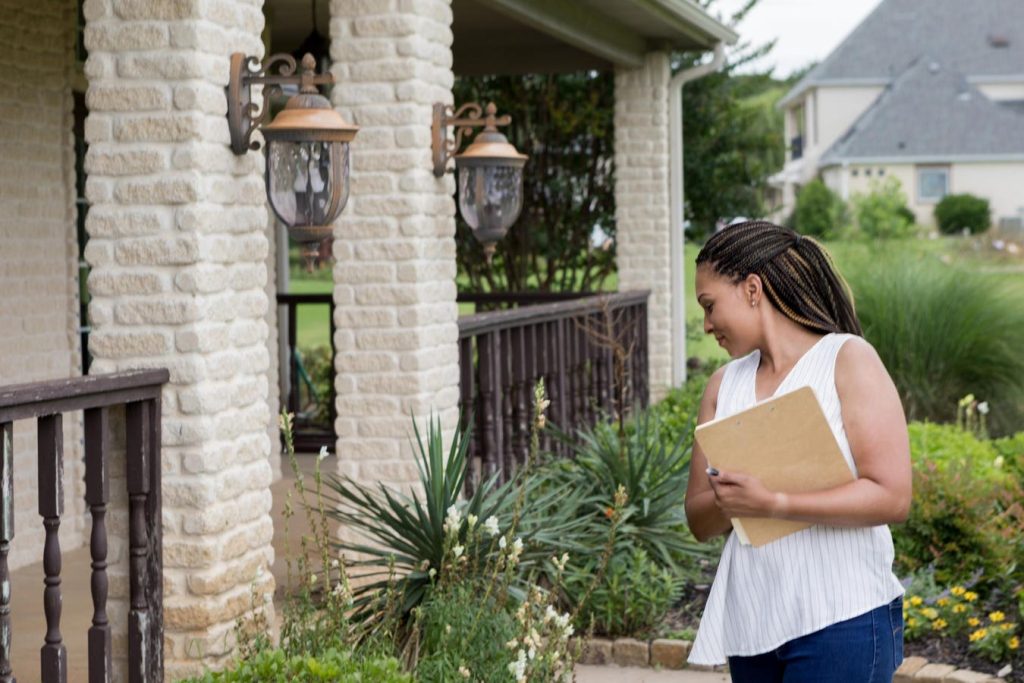Entrepreneur, investor, advisor, author, and speaker, the owner of Rhino Realty Property Management and Rhino Realty B&B, emphasizes the importance of maintaining rental properties in good condition. Regular property inspections are crucial for preserving property value, retaining tenants, and avoiding costly repairs in the future. It is recommended to conduct full property inspections every six months and more frequent drive-by external inspections.
Before scheduling or conducting property inspections, landlords should be aware of local laws and regulations requiring a minimum of 24 hours’ notice before entering a property. Implementing routine inspections allows landlords to identify potential issues early, saving money, and time in the long run. It also helps in planning for future repairs and replacements, extending the lifespan of property assets, and maintaining the property’s value over time.
By including inspection schedules in lease agreements, both property managers and tenants understand the expectations and requirements. Regular inspections ensure that lease rules are being followed, unauthorized occupants are not present, and any maintenance issues are addressed promptly. Additionally, a well-documented inspection record can protect property managers and owners from liability, demonstrating a commitment to tenant safety and property maintenance.
Routine preventative maintenance checks and property inspections contribute to building a good relationship with tenants. By demonstrating a commitment to maintaining property quality and tenant safety, landlords can enhance tenant satisfaction and retention rates, ensuring steady rental income. Inspections also provide an opportunity to communicate with tenants about property conditions, maintenance issues or concerns, and to resolve any disputes effectively.
Various types of property inspections, including move-in and move-out inspections, periodic inspections, seasonal inspections, and drive-by inspections, serve different purposes in ensuring property quality and tenant satisfaction. Detailed move-in and move-out inspections establish a benchmark for assessing damages and security deposit deductions. Periodic and seasonal inspections help in early issue detection and maintenance planning, while drive-by inspections allow for quick observation of external issues.
Key areas of focus during property inspections include moisture and mold, windows and doors, structural integrity, HVAC systems, pest control, and safety features. By integrating these inspection practices into property management routines, landlords can improve property lifespan, tenant living conditions, and overall satisfaction. Regular property inspections not only benefit property owners financially but also contribute to the well-being of tenants, leading to a more profitable and less stressful investment.


